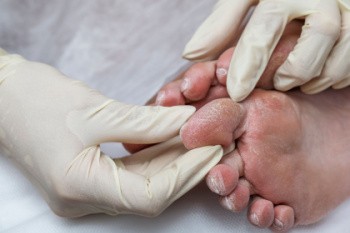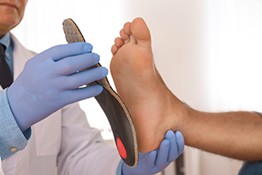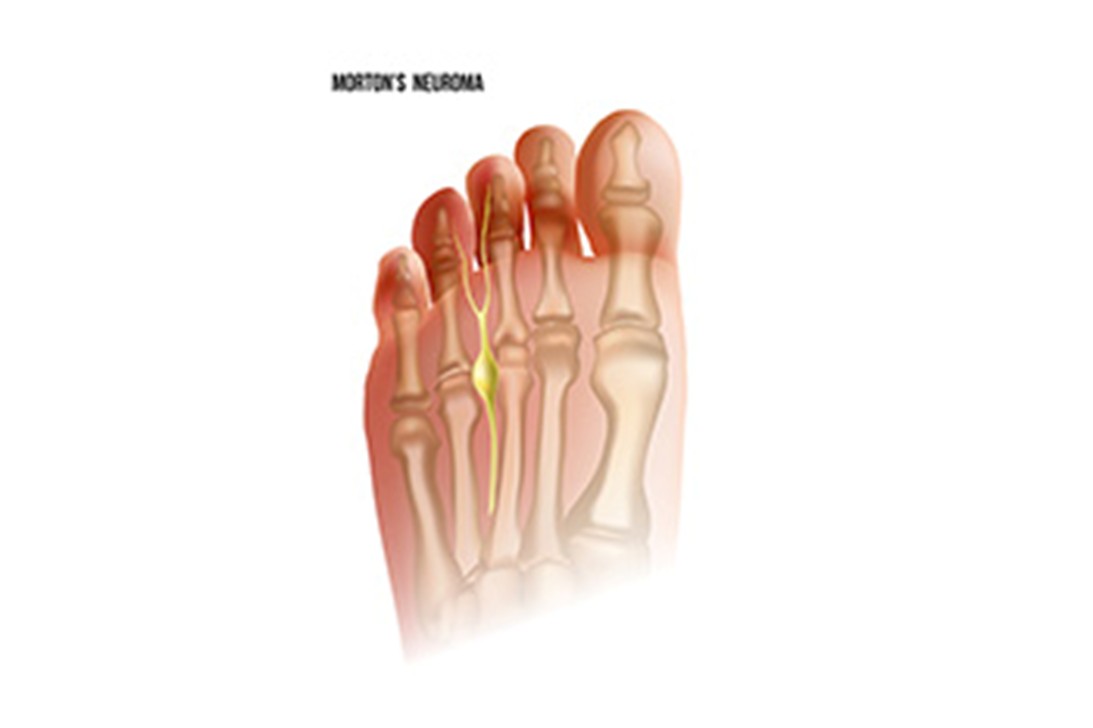 Foot surgery can be performed on the joint of the big toe, the joints in the middle of the foot, the joints in the lesser toes, or the joints beneath the ankle when pain and mobility issues interfere with daily life. Fusion surgery, or arthrodesis, is often used for severe arthritis, where two or more bones are secured together with screws or plates to eliminate painful joint movement. Debridement, or cheilectomy, is a procedure that removes excess bone and tissue in the big toe joint to improve range of motion and relieve discomfort caused by bone spurs. Osteotomy is commonly performed for bunions, involving precise bone cuts to correct misalignment and stabilize the toe with screws or pins. Hemiarthroplasty is another option for arthritis in the big toe joint, where a synthetic implant is inserted to restore movement and reduce pain. A podiatrist can assess your particular foot problem and determine the most appropriate surgical approach. If you are experiencing foot pain, it is suggested that you schedule an appointment with a podiatrist for a diagnosis and appropriate treatment options.
Foot surgery can be performed on the joint of the big toe, the joints in the middle of the foot, the joints in the lesser toes, or the joints beneath the ankle when pain and mobility issues interfere with daily life. Fusion surgery, or arthrodesis, is often used for severe arthritis, where two or more bones are secured together with screws or plates to eliminate painful joint movement. Debridement, or cheilectomy, is a procedure that removes excess bone and tissue in the big toe joint to improve range of motion and relieve discomfort caused by bone spurs. Osteotomy is commonly performed for bunions, involving precise bone cuts to correct misalignment and stabilize the toe with screws or pins. Hemiarthroplasty is another option for arthritis in the big toe joint, where a synthetic implant is inserted to restore movement and reduce pain. A podiatrist can assess your particular foot problem and determine the most appropriate surgical approach. If you are experiencing foot pain, it is suggested that you schedule an appointment with a podiatrist for a diagnosis and appropriate treatment options.
Foot surgery is sometimes necessary to treat a foot ailment. To learn more, contact of our clinicians from The Footcare Centre. Our podiatrists will assist you with all of your foot and ankle needs.
When Is Surgery Necessary?
Foot and ankle surgery is generally reserved for cases in which less invasive, conservative procedures have failed to alleviate the problem. Some of the cases in which surgery may be necessary include:
- Removing foot deformities like bunions and bone spurs
- Severe arthritis that has caused bone issues
- Cosmetic reconstruction
What Types of Surgery Are There?
The type of surgery you receive will depend on the nature of the problem you have. Some of the possible surgeries include:
- Bunionectomy for painful bunions
- Surgical fusion for realignment of bones
- Neuropathy decompression surgery to treat nerve damage
Benefits of Surgery
Although surgery is usually a last resort, it can provide more complete pain relief compared to non-surgical methods and may allow you to finally resume full activity.
Surgical techniques have also become increasingly sophisticated. Techniques like endoscopic surgery allow for smaller incisions and faster recovery times.
If you have any questions, please feel free to contact our offices located in Weybridge, UK. We offer the newest diagnostic and treatment technologies for all your foot and ankle needs.

 Diabetes can have a serious impact on the feet, as high blood sugar damages both the nerves and blood vessels in the lower limbs. Nerve damage, known as diabetic neuropathy, often leads to tingling, burning, or numbness, and eventually a loss of sensation. Without sensation in the feet, a person may not notice minor injuries or pressure from shoes that lack adequate support, which can progress into ulcers, deformities, or infections. Poor circulation, commonly linked with peripheral arterial disease, further slows healing and increases the chance of more serious complications. Infections in the
Diabetes can have a serious impact on the feet, as high blood sugar damages both the nerves and blood vessels in the lower limbs. Nerve damage, known as diabetic neuropathy, often leads to tingling, burning, or numbness, and eventually a loss of sensation. Without sensation in the feet, a person may not notice minor injuries or pressure from shoes that lack adequate support, which can progress into ulcers, deformities, or infections. Poor circulation, commonly linked with peripheral arterial disease, further slows healing and increases the chance of more serious complications. Infections in the 

